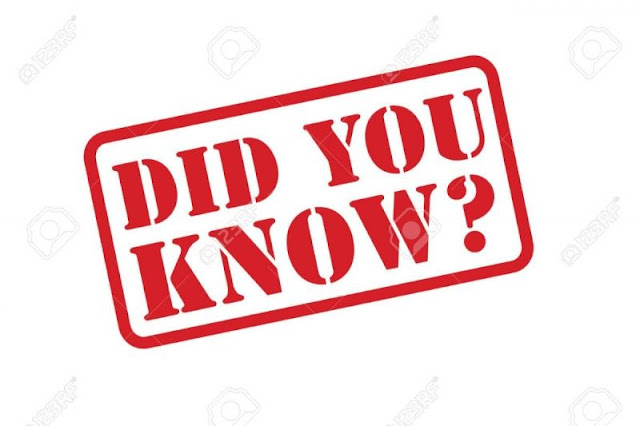I often see videos and posts on lists of idioms swarming social media. Finding and creating such lists is easy. Getting students to remember them is easy. Knowing the the right register, frequency and appropriacy of a particular idiom is hard. Let's have a look at some idioms meaning "really happy."
- Over the moon
- On cloud nine
- Happy as Larry
- On top of the world
- In Seventh Heaven
- Happy as a clam
- To be tickled pink
I am sure you know most of them. But guess what? We natives basically never use them 😨. Maybe "Over the moon" and "on top of the world" might be found in spoken, sometimes written, register but others are just not common although they exist.
So what do we natives prefer? We prefer collocations (and these are common):
- Absolutely delighted
- So overjoyed
- Just pleased beyond words
- Absolutely ecstatic
- Thrilled to bits
The idioms above are usually used as, what I call, "Isolated structures" and just would not be used in a whole sentence.
- Oh what a nice cheesecake! Seriously, I'm on cloud nine!
- I'm fed, in a warm bed, and am watching South Park! I'm as happy as Larry!
(But even these examples seem so foreign to me)
Many students would often say:
- I was happy as Larry when i passed my exam (We would never say that)
- I was tickled pink when i met my friend for a drink (We would NEVER say that)
You might type these idioms into google and will see sentence examples with them. But the problem is that the creators of those pages are unnaturally creating a text with those idioms which just isn't true and therefore misguiding learners. One of my biggest tasks as a teacher is to undo all those bad habits especially when it comes to the use of idioms.
You guys can leave a comment below discussing the appropriate ways of learning the correct use of idiomatic expressions 😎


Comments
Post a Comment